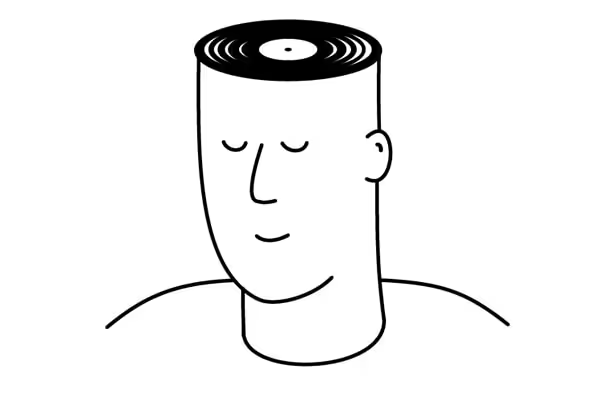Comparison isn't always the thief of joy
Comparison isn’t the thief of joy
If you want to influence other people’s behaviour, comparison can be a powerful technique. We are constantly trying to compare ourselves to other people. Consciously but also unconsciously. This is because people like to belong to a group. By paying attention to other people, you will quickly adapt your behaviour to that of the group norms. This happens especially often with people who are close to us or with people whose behavior or opinion is important to us.
Did you know that people waste less water at home if they can see the water consumption of their neighbors? This is a good example of how you can use social comparison to positively influence behaviour.
An experiment showed that this also works for doctors. When they were informed about how often colleagues prescribed drugs, the number of unnecessary drugs prescribed by these doctors was also reduced.
How can you apply this yourself? Maybe you have the idea to go for a walk during your lunch break. Often this plan fails. Even if you count your daily steps online, it often won’t motivate you enough to go outside. This is because this is about individual feedback. In an experiment it was investigated if feedback from other people that you can use to compare your own actions to would solve this problem. There were two groups. Group 1 only received individual feedback on the number of steps they took in a day. Group 2 also received feedback on the number of steps colleagues had taken. The result was clear. Through social comparison, group 2 took 1020 more steps per day than group 1.
Comparison can therefore put us humans into action. Especially if we recognize ourselves in the behaviour of others.
.avif)



